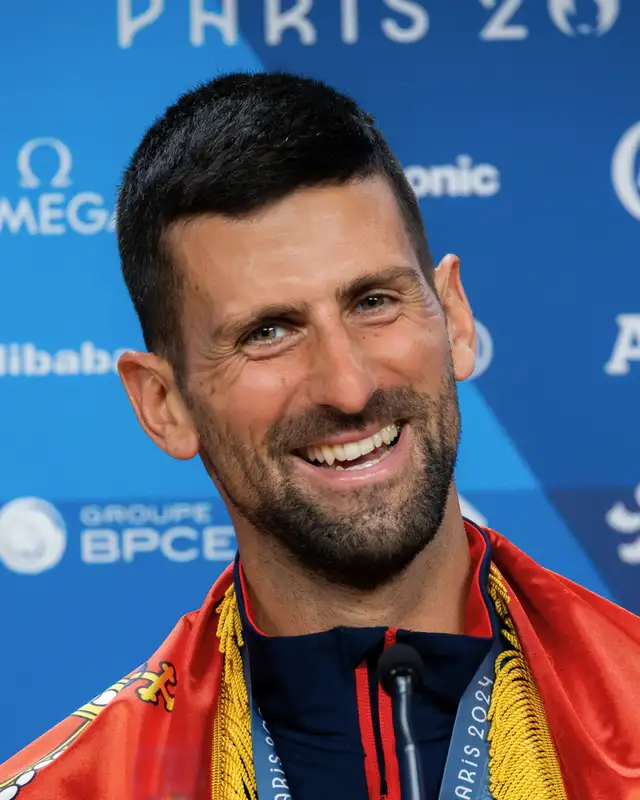Novak Djokovic, renowned for his remarkable achievements in tennis, including 24 Grand Slam titles, 40 ATP Masters 1000 victories, and an Olympic gold medal, is not just a powerhouse on the court. At 38, the Serbian athlete is a staunch advocate for health and wellness, emphasizing the critical role of rest and recovery in sustaining peak performance as he advances in his career.
Over the years, Djokovic has crafted a holistic approach to well-being, integrating physical, mental, emotional, and spiritual health. This comprehensive lifestyle is now available to others through his collaboration with Aman Resorts, where he has curated wellness retreats at seven global locations, including Tokyo.
Partnering with Aman Tokyo, Djokovic offers bespoke detoxification programs designed to reconnect guests with themselves, nature, and their inner vitality. These three-day retreats, priced at ¥271,000 excluding accommodation, blend Japanese wellness philosophies with activities such as monk-led meditation, chanting, spa treatments, juice cleanses, and sound baths.
Djokovic’s dedication to wellness transcends physical health. Despite controversies surrounding his stance on mainstream medical advice, like the COVID-19 vaccine, his daily routine underscores his commitment to a balanced lifestyle. His mornings begin with warm water and lemon, followed by Manuka honey and superfood smoothies, while he steers clear of coffee. His regimen also includes saunas, ice baths, essential oils, and meditation.
Holistic Health and Athletic Performance
In 2025, the emphasis on mental recovery in sports has become increasingly prominent, with yoga and breathing exercises becoming integral to athletes’ routines. Djokovic, however, was a pioneer in adopting these practices long before they gained widespread popularity. His book “Serve To Win,” published in Japanese in 2015, advocates for a gluten-free diet as part of a comprehensive health strategy.
Djokovic’s holistic approach is endorsed by experts like Tatsuya Yamaguchi, a sports psychiatrist, who underscores the advantages of addressing the whole person rather than merely physical symptoms. Emotional intelligence and mindfulness meditation, as practiced by Djokovic, are acknowledged for enhancing athletic performance and alleviating anxiety and depression.
Legacy and Personal Fulfillment
Although Djokovic left the Tokyo Olympics without a medal, he secured his first Olympic gold in Paris, completing a career Golden Slam. His unwavering commitment to wellness and self-care has been pivotal to his success, both on and off the court. For Djokovic, wellness encompasses not only physical health but also mental clarity, emotional balance, and personal growth.
As a husband and father, Djokovic prioritizes practices that nurture both body and mind, ensuring sustained performance and personal fulfillment. His philosophy aligns with the World Health Organization’s definition of health as complete physical, mental, and social well-being.
In an era rife with misinformation, Djokovic’s dedication to quality journalism and informed decision-making highlights the importance of credible information. His approach to wellness serves as a model for athletes and individuals striving to achieve balance and longevity in their lives.
